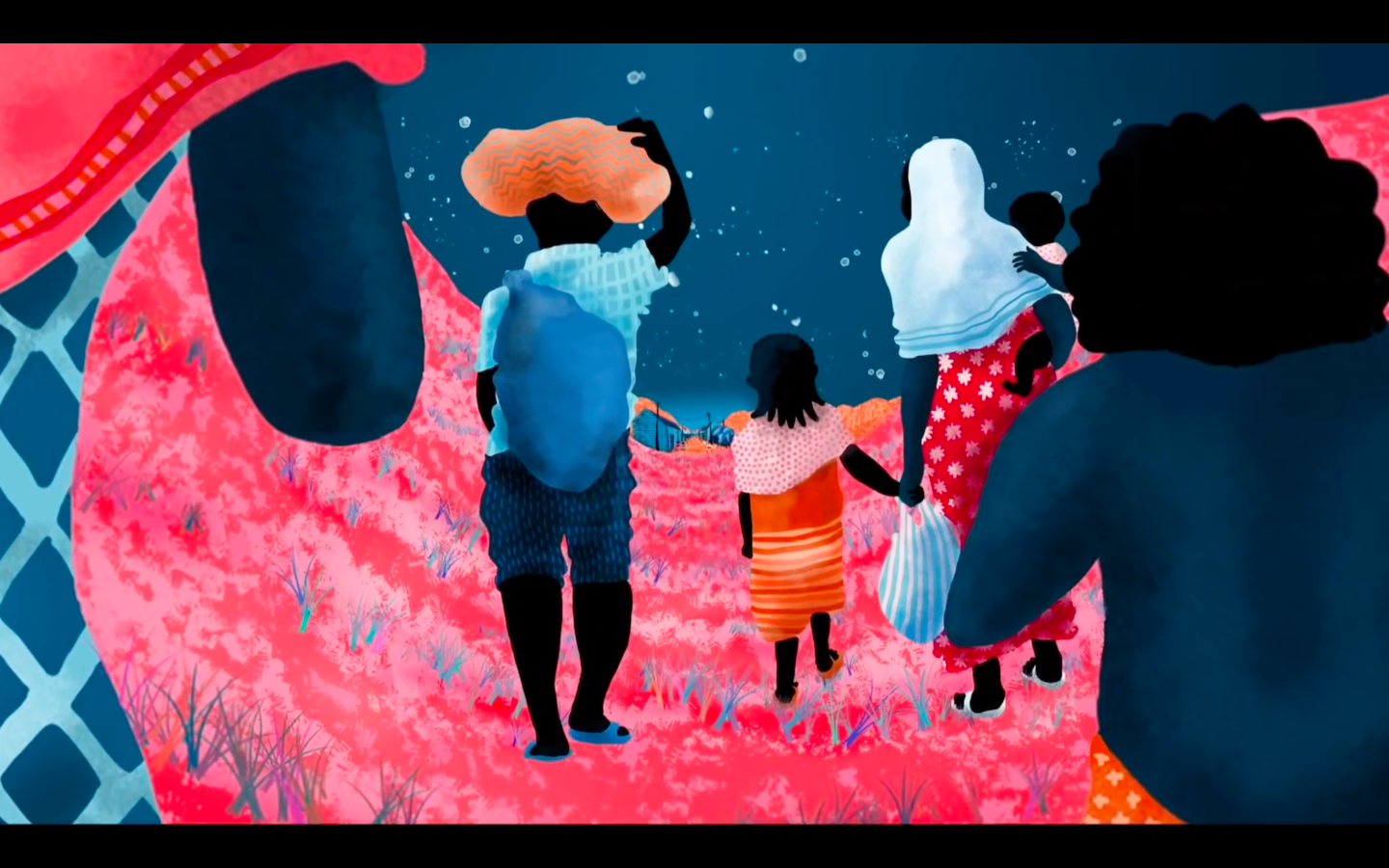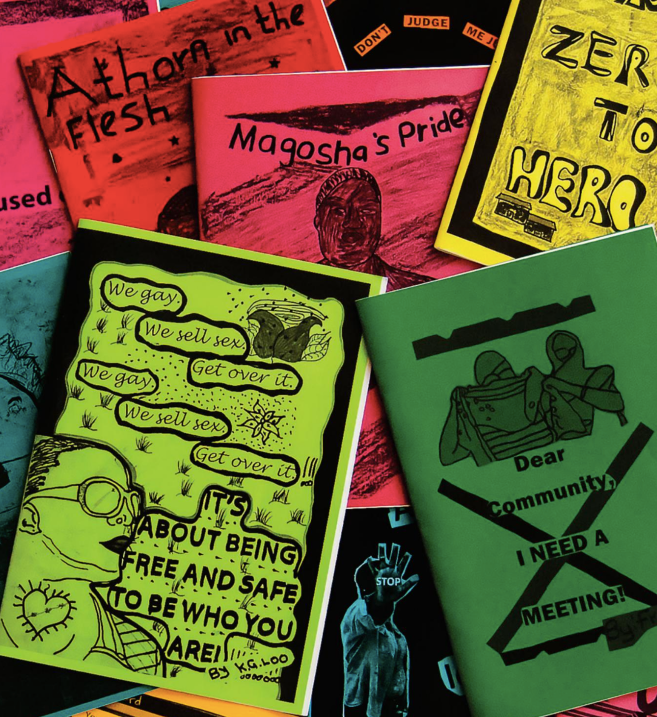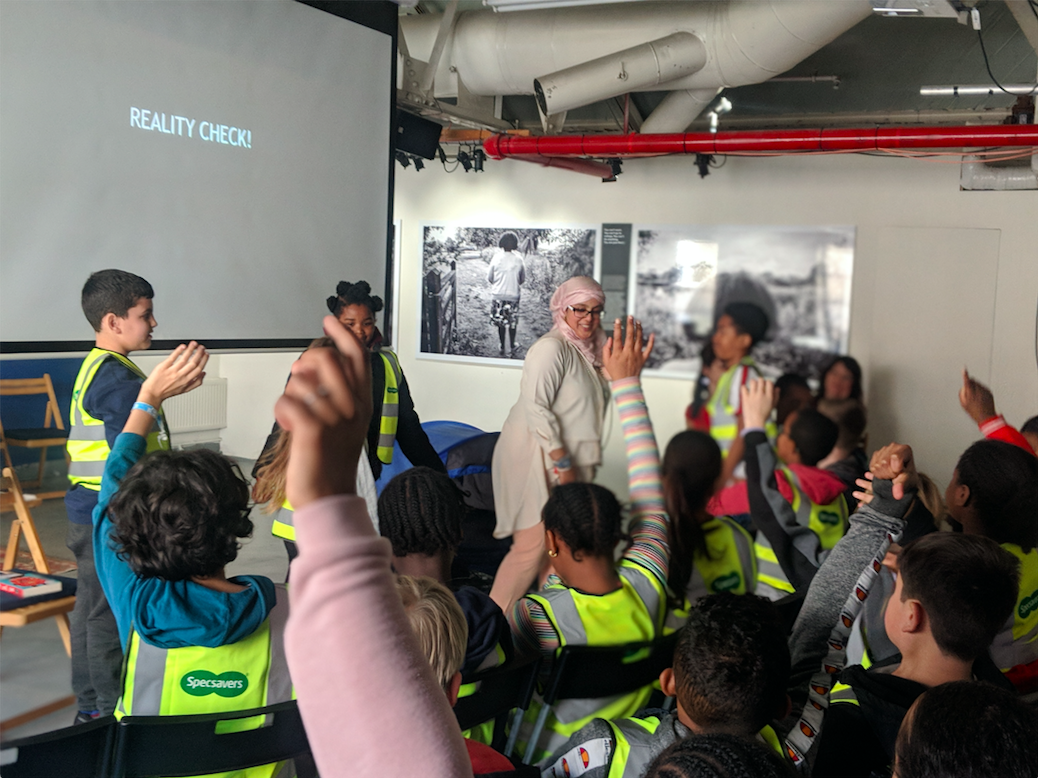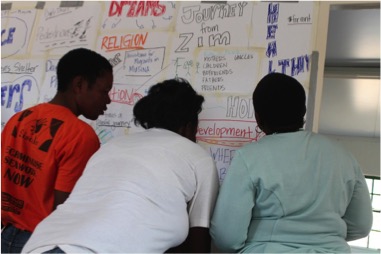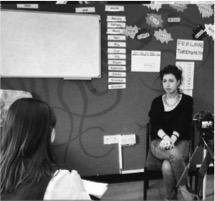RC21 2018, Delhi, September 18-21, 2019
P4: Cities for girls, boys, and everyone else
This session is an invitation to revisit the popular slogan “cities for people, not for profit” with a specific focus on urban youth. Rather than speaking about youth generally, however, we propose to explore the gender aspects of young people’s access to the city and their sense of belonging. We model our approach on feminist interventions into the Lefebvrian notion of the right to the city (Fenster, 2005; Vacchelli and Kofman, 2018), which propose to understand everyday life as “the mediator of rights underpinning the usage of urban space to its fullest extent” (Beebeejaun, 2017: 327) and insist on taking into the account how said rights are shaped by “patriarchal power relations, which are ethnic, cultural and gender-related” (Fenster, 2005: 217). With this session we aim at overcoming the polarity between viewing urban space as necessarily disabling or enabling for various genders (Bondi and Rose 2003) and seek to draw attention to the complex dynamics in which urban belonging is negotiated through daily practices (Lisiak 2018).
The papers featured in the session will discuss the intersections of gender, sexuality, race, class, age, and citizenship in the processes of minoritization of the urban youth, going beyond the ever-present heterosexual binarisms. Recognizing that with its focus on urban girlhood or urban boyhood research reproduces gender binaries and thus further silences the experiences of non-binary urbanites, we invite contributions that critically propose a revision of the dominant strands of the research on urban youth, going beyond its binarisms and thus rendering our understanding of urban social worlds more complex and inclusive.
We invite contributions from urban sociology, geography, migration studies, criminology, gender studies, queer studies, cultural studies, and other related fields. We encourage approaches engaging with the intersections of class, race, gender, sexuality, migration status, citizenship, etc. and welcome papers that make use of non-conventional research approaches to address the dynamics of belonging in cities across the world.
We encourage contributions that engage with one or more of the following topics:
- Criminalization of minoritized youth
- LGBTQ youth and the right to the city
- Migrant and refugee youth and the city
- Nationalist youth and belonging
- Social media activism and the right to the city
If you are interested in joining this panel, please email your 300-word abstract and a short bio to the panel convenors Elena Vacchelli ([email protected]) and Agata Lisiak ([email protected]) by 20 January 2019.
